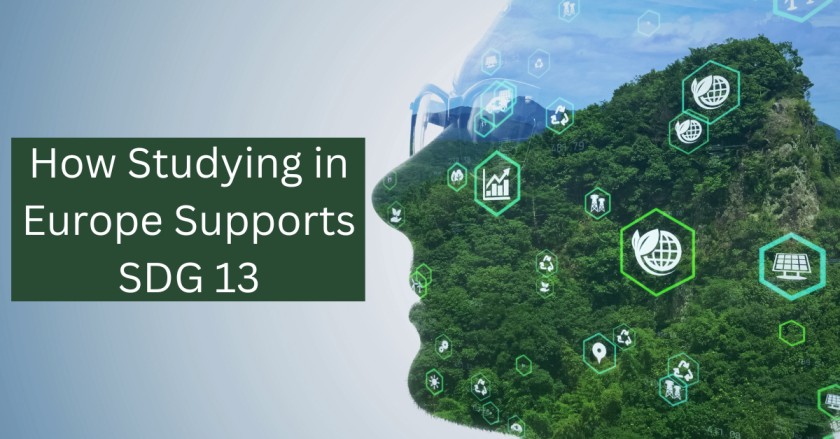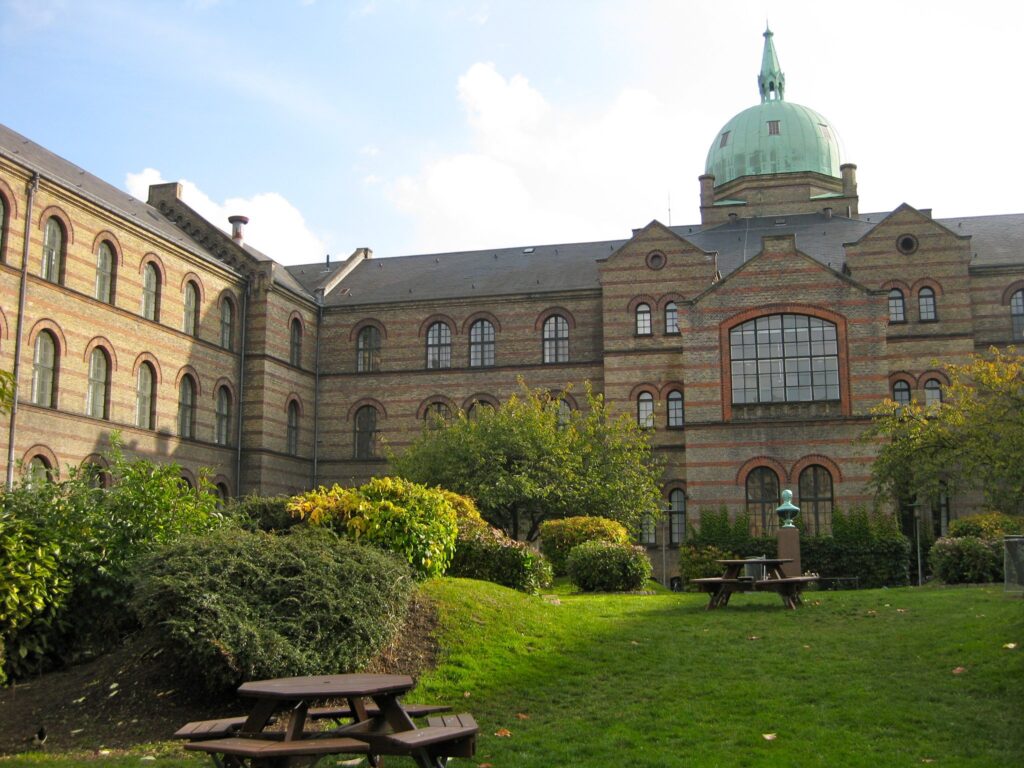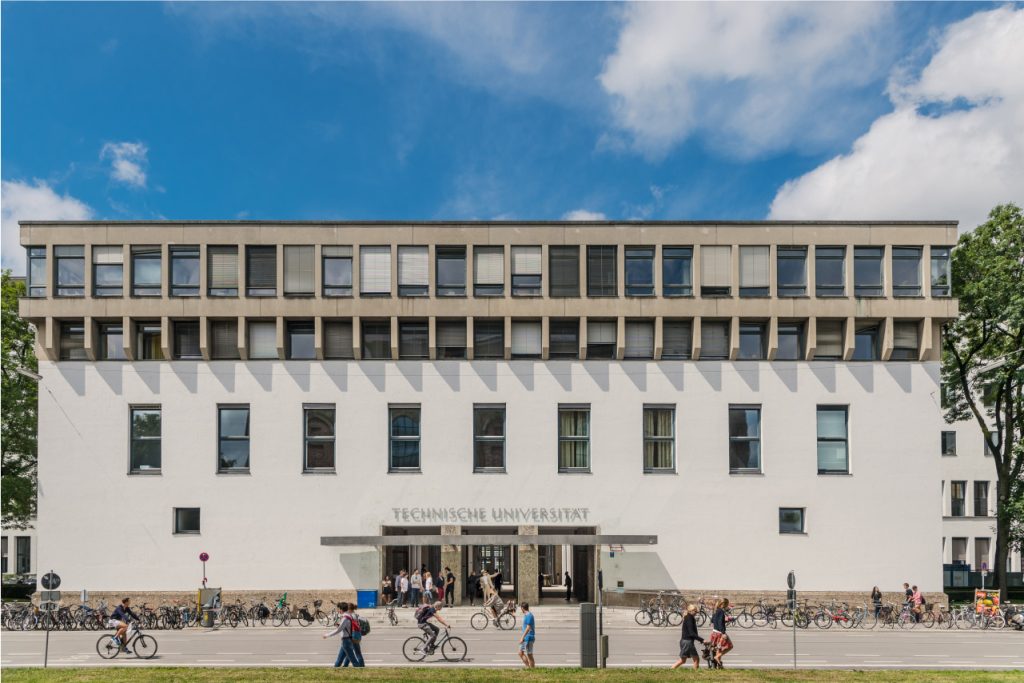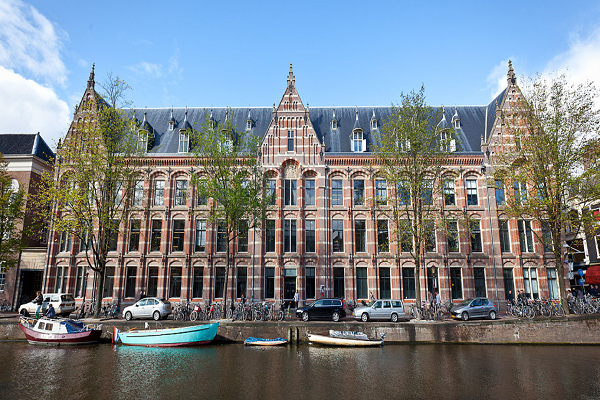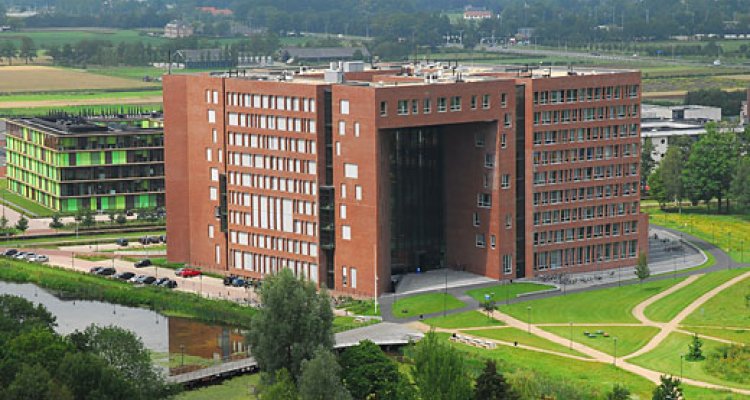Climate change is no longer a distant threat—it’s a present crisis that is growing day by day. To address it, the world needs more than just policy shifts and innovation; it needs education that inspires climate action. Education is the most powerful tool, when it comes to addressing climate change, or any other issue for that matter, because it has the largest audience.
What is SDG 13?
Sustainable Development Goal 13, or SDG 13, is one of the 17 sustainable development goals established by the United Nations in 2015 to address critical global issues. SDG 13 focuses on climate action. It’s main objective is to combat climate change and its impacts through:
- Increasing adaptability to the hazardous impacts of climate change
- Integrating climate-saving measures into national policies, strategies, and planning
- Improving education, awareness, and human capacity on climate change mitigation and adaptation.
- Reducing harmful impacts and create effective early warning systems.
SDG 13 calls for urgent action worldwide to reduce greenhouse gas emissions, protect vulnerable communities, and safeguard our planet for future generations.
Why Europe?
Europe has emerged as a global leader in sustainability-focused education.
Here’s How:
- It has universities with low-carbon campuses and eco-friendly infrastructure, thereby working towards achieving the goal of SDG 13 from the outset.
- Integration of climate science and policy into their academic programs.
- A culture of activism and environmental responsibility both on and off campus.

The Intersection of Study Abroad and Climate Action: A New Era of Climate-Conscious Education
The traditional view of studying abroad focused on cultural immersion, language learning, and personal growth. The scenery today, however, is very different. Students are seeking programs that align with their personal preferences and values, particularly around climate action and sustainability.
How Studying Abroad in Europe Supports SDG 13
European universities are positioned to support SDG 13: Climate Action through:
- Academic programs focused on environmental science, policy, and sustainable engineering
- Campus-wide sustainability practices—like zero-waste dining halls and green building design
- Research projects addressing climate mitigation, biodiversity loss, and renewable energy
This is how Europe advances its students’ knowledge in climate change – both in theory and practice.
Influencers Amplifying the Climate Conversation
The rise of social media has empowered climate activists to reach global audiences. Notably, Greta Thunberg, a Swedish climate activist, gained international recognition for her school strike for climate movement, inspiring millions to participate in climate protests worldwide.
Other influencers, such as Wawa Gatheru, Hank Green, and Hazel Thayer, utilize platforms like TikTok and Instagram to educate and engage followers on environmental issues, making climate science accessible and relatable.
What Makes European Study Abroad Programs Different?
Unlike traditional programs, many European institutions embed sustainability into the full student experience. Students enrolled in study abroad programs with a focus on environmental responsibility benefit from:
- Hands-on coursework addressing real-world climate issues
- Opportunities to work on faculty-led or student-led sustainability research
- Internships with local governments, NGOs, or green tech companies
These experiences not only build knowledge but also foster a sense of global citizenship and ecological accountability.
A Growing Priority for Students and Institutions
Universities across Europe are responding to demand from students who want to make a difference. For international students, this means more access to:
- Green campuses with transparent carbon reduction goals
- Student societies focused on activism, conservation, and circular economy projects
- Degree programs co-designed with climate scientists and policy leaders
This evolving landscape is shaping a new kind of global education—one where learning and climate impact go hand in hand.
Sustainable Universities in Europe
Europe is home to some of the most sustainable universities in the world. These institutions aren’t just adopting green policies—they’re making sustainability a core part of their academic missions, operations, and student life.
From energy-efficient campuses to curriculum design focused on climate solutions, these universities provide international students with immersive learning environments that actively contribute to climate action and SDG 13.
Norway: A Renewable Energy Role Model
Take Norway, for example. According to a Times of India feature quoting the International Energy Agency (IEA), hydropower accounts for 92% of Norway’s electricity generation. This national commitment to renewable energy is also reflected in its higher education sector.
Norwegian universities have developed tailored master’s programs to advance green knowledge and sustainability leadership.
Leading European Universities with Green-Focused Master’s Programs
Below is a selection of top European universities offering master’s degrees designed to prepare students to tackle climate change head-on:
| University | Country | Master’s Program | Focus Area |
| Norwegian University of Science and Technology (NTNU) | Norway | MSc in Sustainable Energy | Renewable systems, heat pumps, and low-emission tech |
| University of Copenhagen | Denmark | MSc in Sustainable Energy | Clean energy systems, environmental economics |
| Technical University of Munich (TUM) | Germany | MSc in Environmental Engineering | Climate-adaptive infrastructure and green building design |
| University of Amsterdam | Netherlands | MSc in Climate and Society | Climate justice, environmental communication |
| University of Leeds | United Kingdom | MSc in Climate Change and Environmental Policy | Climate policy, sustainable development strategies |
| Wageningen University & Research | Netherlands | MSc in Climate Studies | Agroecology, climate-smart agriculture |
Common Green Campus Features
Many of these sustainable universities in Europe feature:
- Carbon neutrality pledges and transparent reporting
- Solar- and wind-powered research facilities
- Sustainable transport policies (bike-sharing, electric buses)
- Green architecture and eco-certified dormitories
- Student-led climate innovation labs and incubators
These campus-wide systems not only reduce institutional emissions but also create live learning labs where students actively shape sustainability solutions.
Student Engagement and Impact
Studying abroad isn’t just about gaining knowledge—it’s about turning that knowledge into action. At sustainable universities in Europe, students are leading real-world initiatives that align with SDG 13: Climate Action and shape future climate leadership.
How International Students Contribute to SDG 13
International students actively participate in:
- Sustainability clubs and societies focused on renewable energy, food justice, and zero-waste initiatives
- Research collaborations on climate mitigation and adaptation
- Policy simulations and environmental advocacy campaigns
- Campus sustainability planning, including carbon audits and eco-certifications
These hands-on opportunities allow students to contribute meaningfully to both local and global sustainability goals.
5 Student-Led Projects that Helped Achieve SDG 13
1. Green Schools for a Sustainable Future (Erasmus+)
Location: Multi-country (Spain, Finland, Germany, Italy)
Focus: Incorporating sustainable learning strategies in primary and secondary schools
What students did:
- Developed sustainability curriculum for schools.
- Conducted workshops on recycling, energy conservation, and climate science.
- Created school gardens and renewable energy exhibitions.
Reaching thousands across Europe, the project initiated a growing wave of climate consciousness starting at the community level. It reflects how study abroad programs with a focus on environmental responsibility go beyond the university bubble.
2. Circle U. Student Innovation for Sustainability
Location: Circle U. Alliance (including University of Oslo, King’s College London, University of Paris)
Focus: Social entrepreneurship for climate solutions
What students did:
- Proposed sustainable business models addressing local climate issues
- Collaborated with municipal governments and startups
- Hosted “Green Hackathons” to gather collective ideas to improve food systems and energy consumption
This project enabled students to connect academics with real-world industries, shaping scalable climate solutions through application-based learning, supporting the impact of European universities on global climate policies.
3. Aarhus University Rooftop Solar Initiative
Location: Aarhus University, Denmark
Focus: Campus decarbonization through renewable energy
What students did:
- Worked with faculty to install a 98-kilowatt rooftop solar PV system
- Conducted performance monitoring and energy audits
- Helped design an “energy community” model to expand solar capacity across campus
This project helped reduce campus emissions significantly and created a replicable model for other green campuses in Europe.
4. CIVIS Sustainability Student Workshops
Location: CIVIS Alliance (9 European universities)
Focus: Pan-European student-led sustainability events
What students did:
- Designed and ran workshops on circular economy, climate justice, and eco-anxiety
- Partnered with local NGOs to plant trees and organise “green weeks”
- Advocated for fossil fuel divestment at their universities
This strengthened pan-European student collaboration for climate advocacy, empowering students to act both locally and at the EU level.
5. Student Switch Off Campaign
Location: United Kingdom (multiple universities)
Focus: Energy conservation in student housing
What students did:
- Encouraged peers to reduce electricity use through behavior change
- Ran competitive inter-dorm campaigns to cut energy waste
- Used gamification and social media to spread awareness
The project helped save over 5,000 tonnes of CO₂ emissions in UK dormitories, proving how small actions when scaled, drive serious climate results.
Why These Projects Matter
These projects are practical examples of how students not only learn about climate action, they also have the drive to implement it in real life. They get hands-on experience solving real climate problems.
As a student of climate change in Europe:
- You get real-world experience tackling climate issues.
- You get to connect with people who have a similar drive for creating change.
- You will return home with skills to influence policy, innovation, and grassroots movements
Practical benefits you will get as an international student in Europe:
Choosing a study abroad program with a focus on environmental responsibility doesn’t just benefit the planet—it also significantly boosts a student’s personal, academic, and professional path.
Some of these advantages are:
Academic Advantages
Studying sustainability at leading green campuses in Europe gives you access to:
- Cutting-edge research facilities focused on renewable energy, biodiversity, and environmental technology
- Multidisciplinary coursework that links climate science with economics, law, public health, and innovation
- Opportunities to publish research or present findings at international sustainability conferences like the Conference of the Parties (COP) – UN Climate Change Conference and World Sustainable Development Summit (WSDS)
These programs emphasise experiential learning through fieldwork, labs, and community partnerships, which deepens climate understanding and advocacy skills.
Career Opportunities
Students graduating from sustainable universities in Europe often have an edge when it comes to career prospects in the field of climate change.
Here’s Why:
- Programs are often co-designed with industries that work in clean tech, urban planning, and sustainable agriculture, giving the students practical ways to address these concerns.
- Career opportunities are connected to EU-funded environmental projects and global NGOs.
- Alumni networks provide mentorship and job placements in organisations like the United Nations Environment Programme (UNEP), World Wide Fund for Nature (WWF), and the European Commission.
Top Emerging Roles for Graduates in Climate Action Fields:
- Sustainability Consultant
- Climate Risk Analyst
- Renewable Energy Project Manager
- Environmental Policy Advisor
- Carbon Accounting Specialist
- Personal Growth and Global Citizenship
Studying abroad helps students grow not just academically, but also personally. They learn to work with people from diverse cultures, broadening their personal and public horizons. This experience builds a strong sense of responsibility toward the planet and its future. It also prepares them to be active global citizens who care about climate action.
Engaging in sustainability projects while abroad helps develop:
- Cross-cultural communication skills
- Understanding complex connections and making morally responsible choices
- A stronger sense of environmental responsibility and purpose
Students become part of a growing global community committed to climate action—not just as observers, but as contributors.
By choosing study abroad options that focus on climate action, students not only access world-class education but also become an important part of addressing and working on these issues.
Turning Education Into Action
Through hands-on climate projects and access to sustainable universities in Europe, students become active participants in working towards achieving the climate goals set by the UN.
Choosing a study abroad program that focuses on environmental responsibility isn’t just a good decision—it’s a strategic one. It helps you understand the problems the world is facing and equips you with the resources needed to bring about necessary change needed to achieve global climate goals, while preparing you for impactful careers in a rapidly evolving green economy.
There is a huge focus on green cars that run on batteries rather than fossil fuels, solar farming that uses renewable energy and other innovations that help bring about positive change. Hence, learning about these issues gives you a headstart in the same field, as you get to learn in-depth, the mechanics behind these innovations, and also to create innovations of your own in the future.
In the face of planetary urgency, education must do more than inform. Europe’s sustainability-focused universities are proving that the classroom can indeed be the front line of climate action.
Written By Manjul Kathotia.
